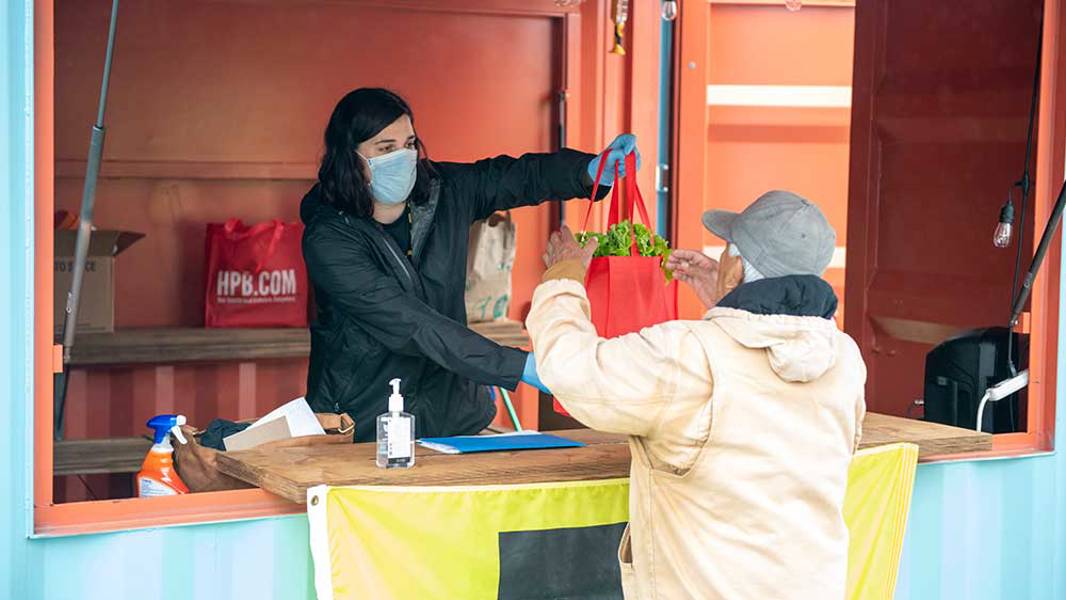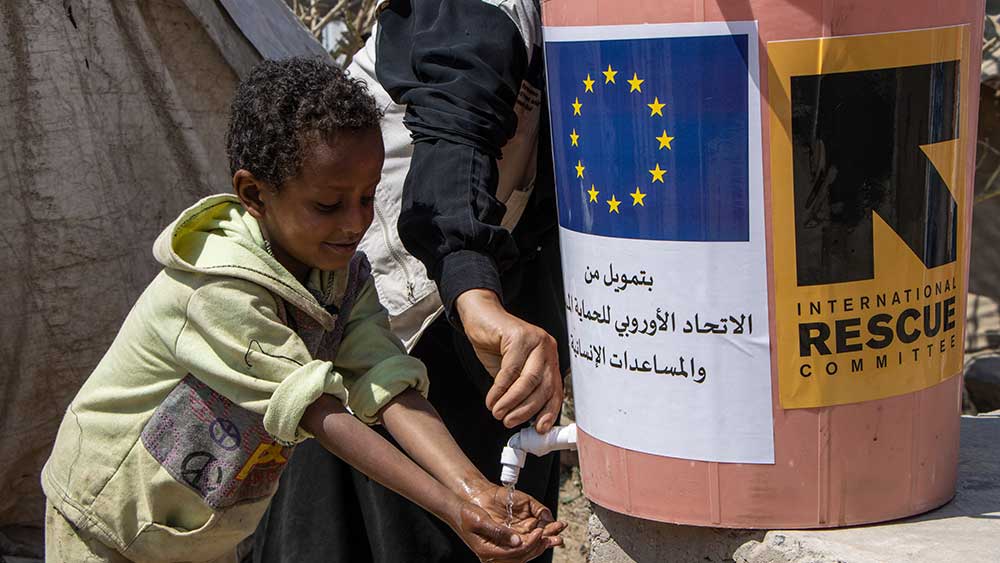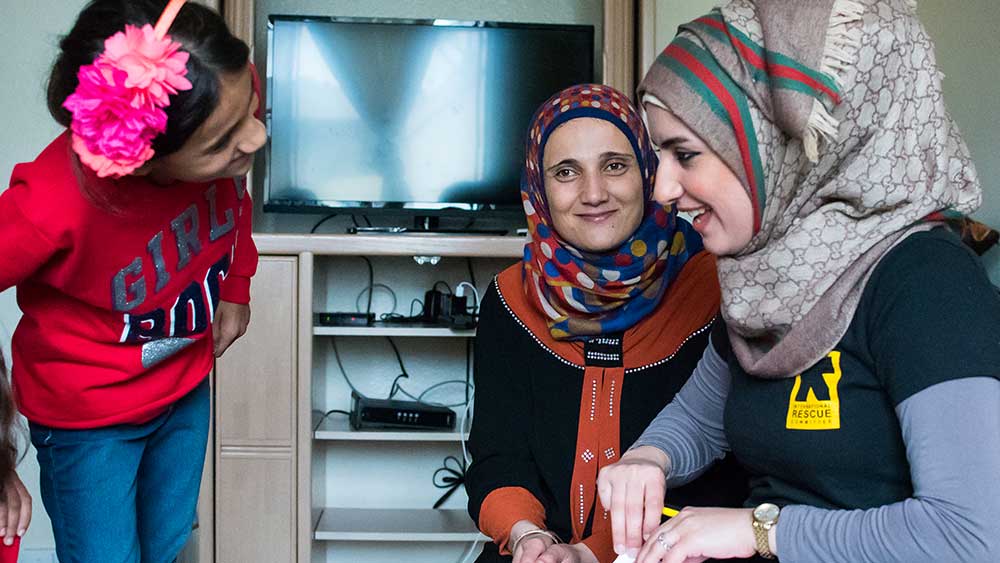
Helping the IRC implement advanced technology so staff have the tools they need to improve the lives of the world’s most vulnerable
By the International Rescue Committee
The International Rescue Committee (IRC) helps people whose lives and livelihoods have been upended by war, conflict, and natural disasters. Founded in 1933 at the request of Albert Einstein, this global humanitarian organization works in over 40 countries and in over 20 cities in the U.S. today. From Afghanistan, Syria, and South Sudan to the U.S.-Mexico border, and in recent weeks Poland and Ukraine, the IRC’s workforce of approximately 15,000 worldwide are on the ground listening to families and empowering them to restore their dignity and potential. They are working in communities across Europe and the U.S. resettling refugees and helping families integrate into communities by providing financial assistance, food, housing, and other aid.
In recent years, as global crises and conflicts continue to be on the rise and climate change worsens, the IRC has expanded its programming across five outcome areas—health, safety, education, economic wellbeing, and empowerment—to achieve an even more meaningful change in the lives of its clients. Across these outcome areas, the IRC also works to break down barriers for women and girls and ensure gender equality is at the cornerstone of all its programs. In 2020, the IRC provided 31 million people with access to health services, 2.6 million people with clean water, and more than 800,000 children with an education.
To keep up with the demand for its services, the IRC is strengthening its IT infrastructure and enterprise systems. To support this pivotal growth opportunity, SNF allocated $1.5 million (USD) per year for five years (2016-2021), totaling $7.5 million (USD). This support has primarily been put towards the IRC’s organization-wide initiative to implement a Microsoft, cloud-based enterprise resource planning (ERP) system and streamline its business processes. Internally, staff have named this ERP system Integra, which speaks to the solution’s ability to integrate many of the organization’s finance, supply chain and grant management processes and functions. It also speaks to the integrity IRC staff have in dealing with clients, partners, vendors, co-workers, donors, and funders.
Project Integra is the largest internal change initiative the IRC has ever undertaken and a major investment due to the significant improvements it is yielding. It is changing the way IRC staff work, enabling them to be much more efficient. It is lessening their paper-based work and reliance on different systems to view data, and providing them with greater visibility, access to real-time data, and less duplication and administration. “Integra is immensely beneficial to our overall health and growth as an organization and is enabling us to devote more time to directly serving our clients,” says David Miliband, the IRC’s President and CEO.
To help the organization absorb the change that comes with any technology and business transformation, Integra is being deployed in stages over the next few years. Currently, more than 3,500 staff are using Integra in multiple locations where the IRC works, including New York (headquarters); Washington, DC; over 20 resettlement offices across the U.S, as well as Colombia, Cote d’Ivoire, Ecuador, Kenya, Mexico, Niger, Nigeria, Northern Central America, Peru, Somalia, and Venezuela.
When COVID-19 was declared a pandemic, the IRC quickly moved staff and core processes to a remote work model. And because they were in the midst of deploying Integra in certain U.S. resettlement offices, the IRC’s implementation team quickly and successfully redesigned the deployment and training plan so that all preparation, training, and support activities could be completed remotely and momentum could be maintained.
As the pandemic charges on, the Integra system is allowing staff to remain productive and connected while working remotely. Being accessible to staff anywhere with a wi-fi connection, they can easily track the status of a given request (e.g., purchase orders, payments, receipt of goods and services), approve and manage invoices, and provide vendors and partners with electronic payments.
With the increase in refugee arrivals in the U.S., including 74,000 Afghans since the Taliban entered Kabul and took control of Afghanistan last year, the time and effort of IRC resettlement office staff must be maximized. “By putting a technology solution like Integra in place, we are gaining further efficiencies. It is allowing our staff to serve more people and provide needed support to find housing, employment, and education,” says Em Fackler, the IRC’s Chief Information & Operations Officer. This support also includes direct financial assistance, which is processed by staff using Integra, and allows client families to adjust to a new life more easily and quickly.
As we all watch the people of Ukraine flee for their lives since the Russian invasion began in February, the IRC has mobilized and positioned itself in Poland and Moldova, while continuing to operate across Germany and Greece, Italy, and the U.K. They are providing Polish organizations with first aid, counseling, and basic supplies on the border. Also, U.S.-based resettlement office staff are preparing for the 100,000 Ukrainians who will be welcomed to the U.S. in the future, as well as refugees and displaced families from other conflicts and crises.
The infrastructure and system improvements SNF supported will truly benefit the people the IRC serves who have endured so much and further Albert Einstein’s humanitarian vision.
*Thanks to the International Rescue Committee (IRC) for this perspective on their work.


